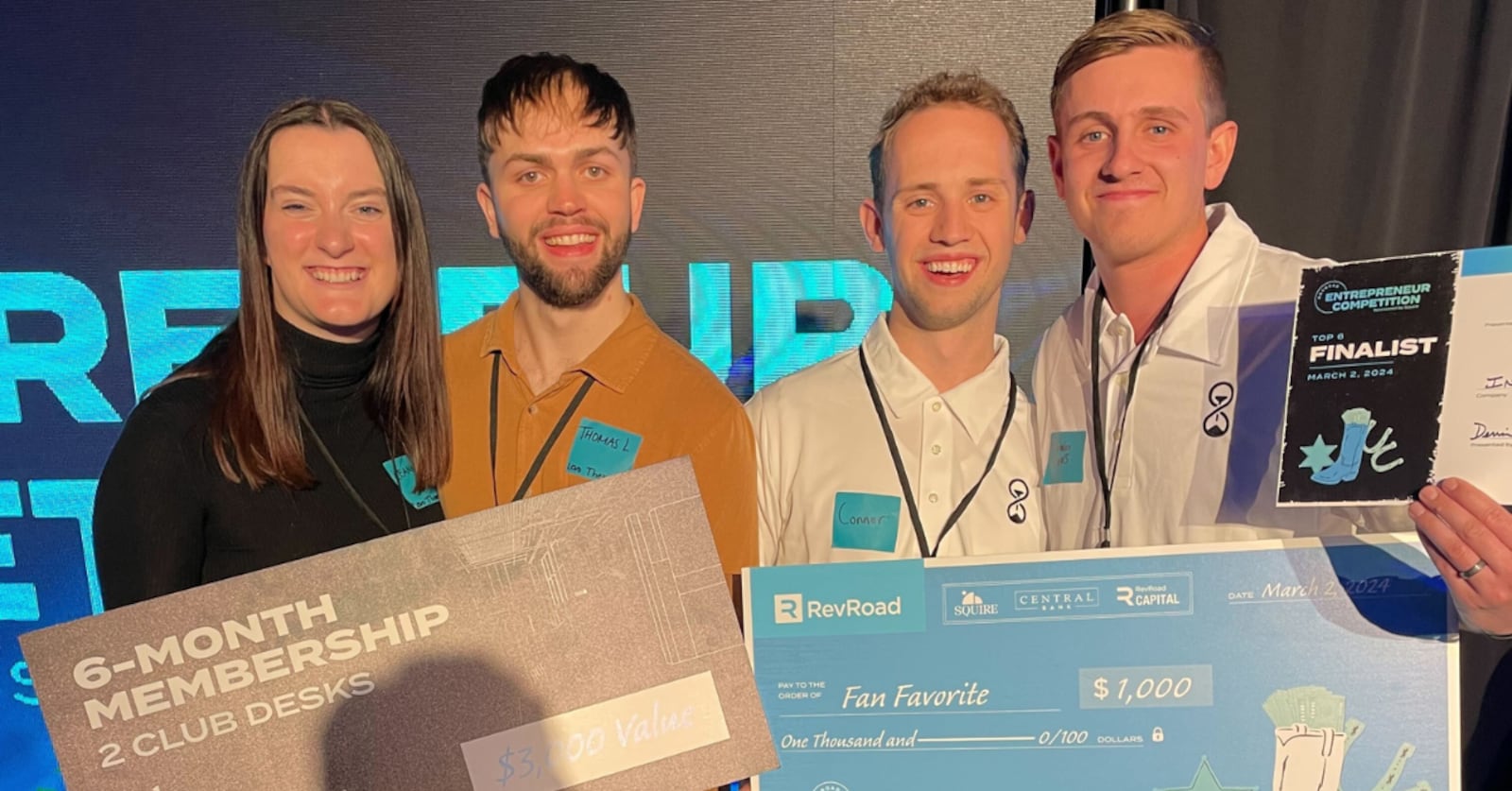This story appears in the September issue of Utah Business. Subscribe.
What if your startup changed not only the workforce but also the face of education? Chris Crittenden created Sandbox to do just that.
Known as a startup incubator, Sandbox is an intensive, two-semester program designed to help college students launch their own tech companies. Named after both a child’s play area and a technical testing environment, Sandbox is a “transition between college and career. It’s this safe place to actually start to build,” Crittenden says.
The Sandbox application process is rigorous. To be considered, students must spend months on the application, meet with other applicants, attend events, participate in a Hackathon and commit to summer programming. Instead of screening for GPA or work experience, prospective Sandbox students must prove their commitment to “putting the time in to do something great,” Crittenden says.
Once admitted, students choose their teams, refine product ideas, complete work trials, and adjust teams and ideas until they have the perfect mix. But they’re not alone in that process. Students have access to Sandbox alumni, experts in pertinent fields, investors, first customers, hiring partners and founder advisors. According to Crittenden, one of the greatest benefits of Sandbox is that “powerful network of support” that is “tremendously loyal” and lasts long after students complete the Sandbox program.
Sandbox isn’t just a case study or a team project; it’s real life. Students launch real products, evaluate their success and profits, make adjustments, and often relaunch multiple times throughout the program as they evaluate product-market fit.
“Launching a company is deep, deep education,” Crittenden says. Former Sandbox students have produced software that helps people overcome addiction through connection and accountability, creates eLearning lessons with AI, and embeds interactive email widgets. At the time of this writing, five Sandbox companies have even been accepted into Y Combinator — a prestigious, worldwide startup accelerator — and nine Sandbox companies have gone on to secure venture capital backing and hold a combined worth of $95 million, according to Crittenden.
Students complete Sandbox on Demo Day, where they present their products and get their first introduction to investors. After Demo Day, students either continue to run their tech companies or walk away with incredible resume experience and priority referrals to jobs with Sandbox’s hiring partners.
Regardless of their outcomes, each Sandbox student leaves the program with unique work experience. “Students come out of Sandbox bringing an innovative, creative mindset to the workforce, and I think that will continue to pay dividends for a long time,” Crittenden says. In fact, Crittenden’s favorite part is seeing a student who was “marching to someone else’s drum get into Sandbox, discover their innovative and creative capacity, and decide to become an innovator, creator and builder.”
Sandbox was founded at Brigham Young University and is currently offered at Utah Valley University, Utah Tech University and Utah State University, with plans to scale to locations across the country.
Crittenden asserts that education should be inspiring and something we crave. When a student in the first Sandbox cohort said, “I can’t believe this is education,” Crittenden knew Sandbox was on the way to accomplishing that goal.
“As we keep pushing that frontier,” he says, “it’s going to change the world of education as we know it.”


